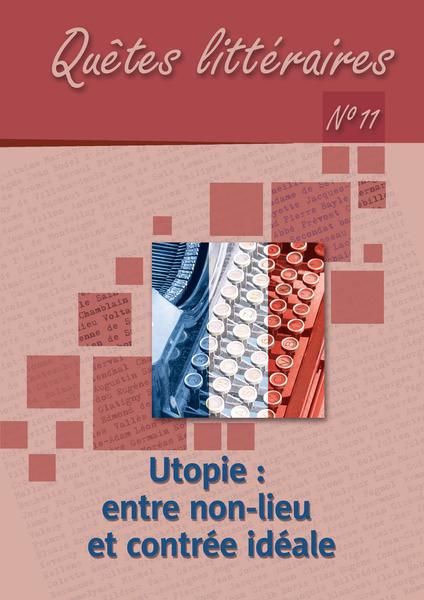Deux visions du bonheur selon la nature chez Camille Lemonnier et Georges Eekhoud
Two visions of happiness according to nature in the works of Camille Lemonnier and Georges Eekhoud
Author(s): Philippe ChavasseSubject(s): Philosophy, Language and Literature Studies, Literary Texts, Studies of Literature, Comparative Study of Literature, French Literature, Philology, Theory of Literature
Published by: Katolicki Uniwersytet Lubelski Jana Pawła II, Instytut Filologii Romańskiej & Wydawnictwo Werset
Keywords: naturism; fin de siècle; Belgium; paganism; heretics; Camille Lemonnier; Georges Eekhoud
Summary/Abstract: In the last years of the 19th century, the Belgian writer Camille Lemonnier published three novels, L'ÎleVierge, Adam et Ève, and Au cœur frais de la forêt, which conveyed the dream of seeing humanity freed from the shackles imposed by society that enslaves men and women and distorts their instincts. The Belgian Georges Eekhoud published in 1912 Les Libertins d'Anvers, which traces the history of Christian heresies in Antwerp from the 12th century until their repression by the Protestant reform and the Catholic counter-reform. Inspired by the same identity concerns, Lemonnier and Eekhoud offer models of utopian communities that draw inspiration from both paganism and Christian evangelism. The two writers praise charity, and respect for others and for nature. However, they differ in the interest they place in the couple and the family as a social foundation, Lemonnier applying the lessons of naturism, while Eekhoud is more in line with anarchist thinkers such as Charles Fourier, Raoul Vaneigem and Michel Onfray.
Journal: Quêtes littéraires
- Issue Year: 2021
- Issue No: 11
- Page Range: 99-122
- Page Count: 24
- Language: French

